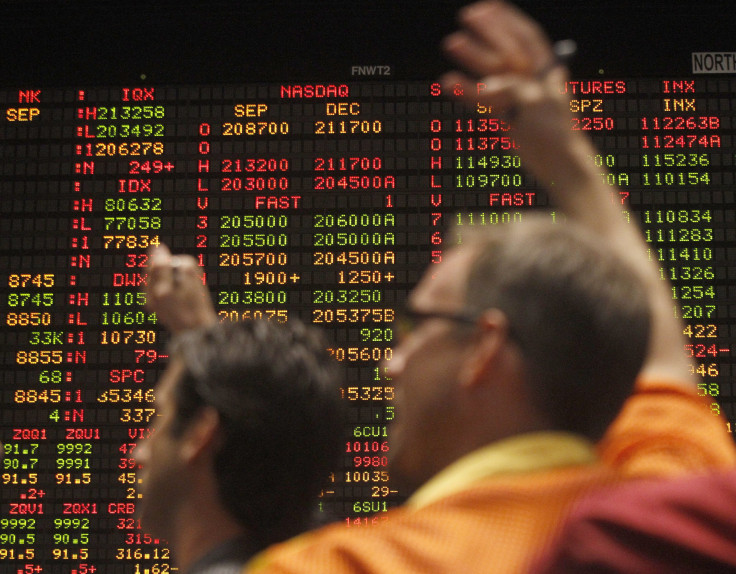Michael Coscia Spoofing Case: Jury Finds High-Speed Trader Guilty In Flash Verdict

A Chicago jury convicted high-speed commodities trader Michael Coscia of manipulating futures market prices -- the first time U.S. prosecutors made use of an anti-spoofing law, according to reports.
New Jersey-based Coscia was found guilty of 12 cases of fraud and manipulating the futures market by “spoofing” -- an illegal trade tactic, where traders manipulate prices by entering large orders, which they never intend to execute.
Prosecutors say the goal of such spoofing trades is to create an illusion of demand and lure investors by systematically placing orders — which would be cancelled milliseconds later, while the trader makes money on smaller trades.
Steven Peikin, a lawyer for Coscia, said he was disappointed by the verdict. The trial was widely followed by lawyers and trading firms for clarity in similar cases amid stepped-up investigations into spoofing.
U.S. regulators had recently leveled charges of manipulating futures markets against Chicago trader Igor Oystacher and his firm 3Red Trading LLC. "Expect more spoofing cases," Michael Friedman, general counsel at Trillium Trading, told Bloomberg.
During the Coscia trial, data revealed by prosecution witnesses from two exchanges showed the 53-year-old Coscia would frequently cancel his large orders, while smaller orders were canceled at a far lower rate. Prosecutors claim the trader made an illegal profit of about $1.4 million in over three months in 2011 -- in what they called a bait-and-switch scheme, the report added.
A jury comprising of eight men and four women deliberated for just about an hour before announcing the guilty verdict. Coscia, who denied any wrongdoing, is scheduled to be sentenced next year.
Coscia could face a maximum sentence of 25 years in prison and $250,000 in fines on each count of commodities fraud. Each count of spoofing carries a maximum sentence of 10 years in prison and a $1 million fine, according to Reuters.
"The defendant's trading activities disrupted the markets in his favor and against legitimate traders and investors," Zachary Fardon, U.S. Attorney for the Northern District of Illinois, told Reuters.
The verdict may set a precedent as U.S. authorities pursue London-based trader Navinder Sarao, who was accused of market manipulation that contributed to the May 2010 "flash crash." According to reports, Sarao has denied the allegations.
© Copyright IBTimes 2024. All rights reserved.











